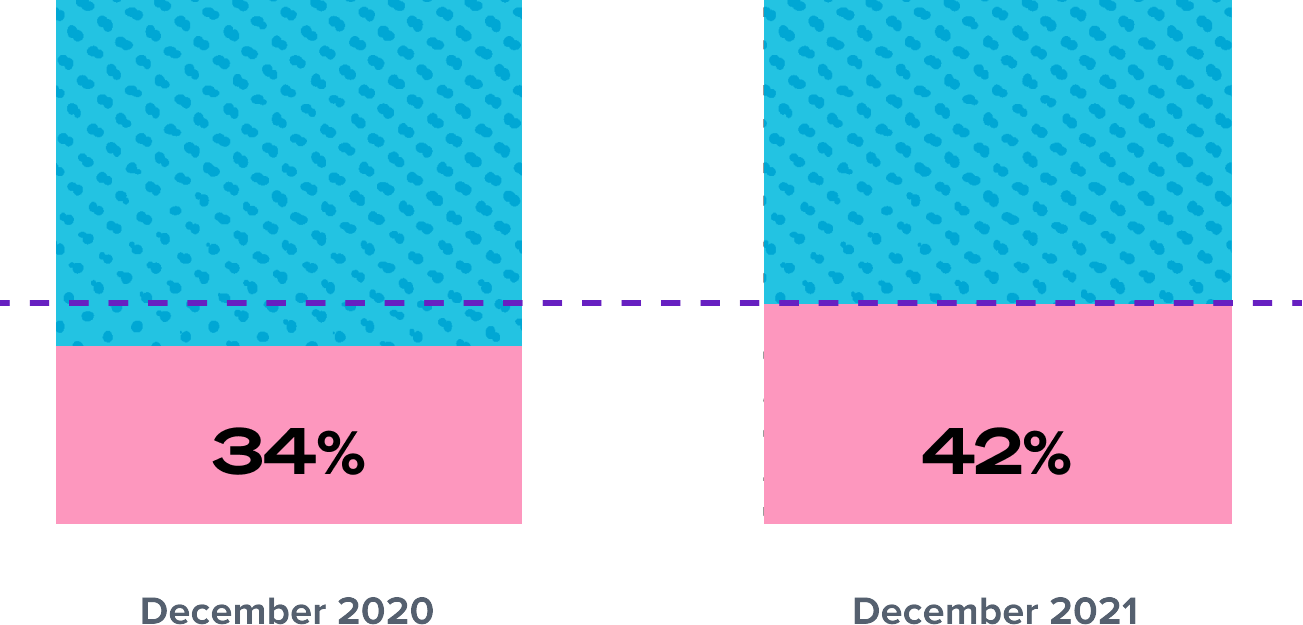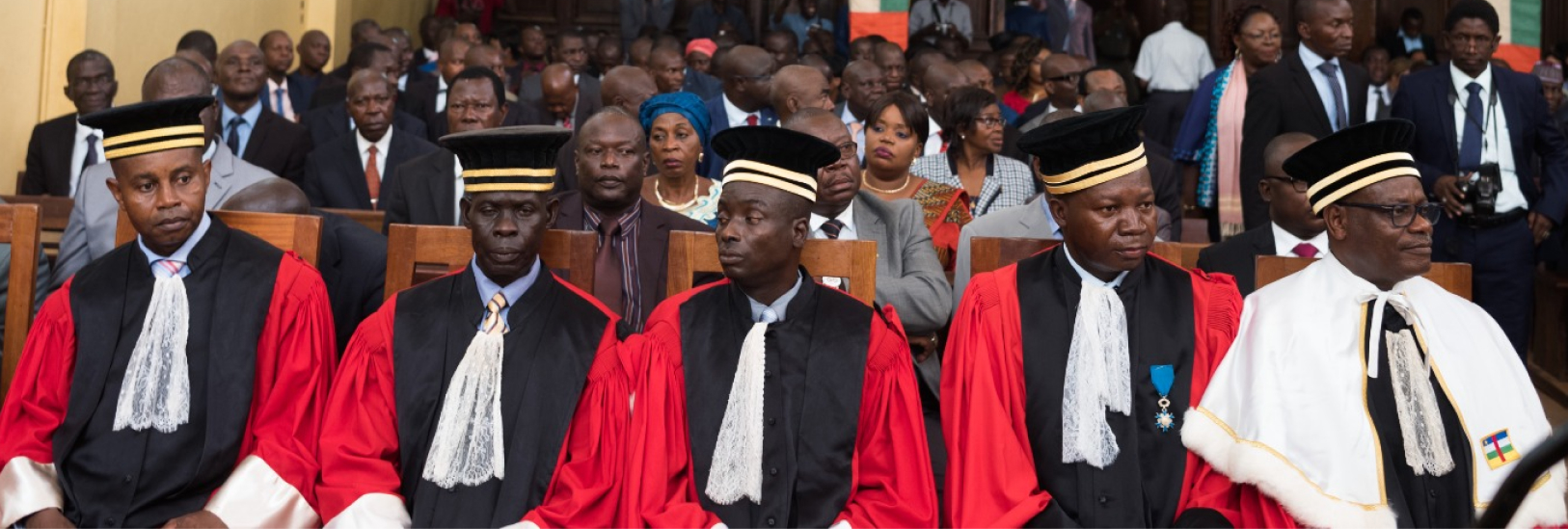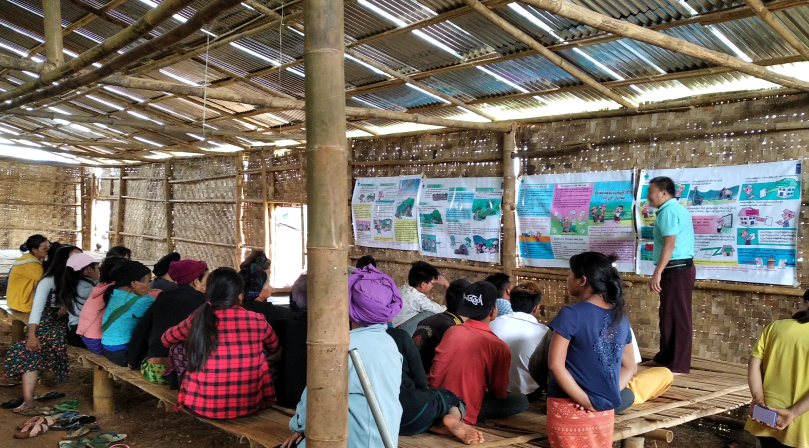
Impact by Regions, Countries & Territories
UNDP’s Global Programme supports crisis-affected contexts across all regions to strengthen the rule of law and human rights. In this section, we present five regional overviews, detailing our priorities and approach depending on the context, as well as feature select country and territory results from 2021.
Five contexts from the list (Central African Republic, Democratic Republic of the Congo, Haiti, Mali and Yemen) illustrate the achievements of the Global Focal Point for the Rule of Law (GFP). In peacekeeping missions and transition settings, UNDP’s Global Programme works through the GFP to deliver integrated assistance with our UN partners.
GFP Global Focal Point Highlights
Political
Engagement
The rule of law is essential for sustainable peace and resilient economies, as well as for the prevention or recurrence of conflict. To prevent or address injustice, inequalities or democratic deficits, UNDP works with multiple stakeholders to operate in a way that is consistent with the rule of law and creates opportunities for all individuals to exercise their rights and access justice.
Institution
Building
The importance of strong institutions is more evident than ever as countries and communities respond to disruption, whether because of public health restrictions, climate change or political upheaval. Limitations on public gatherings and travel have revealed the need for institutions that are resilient to disruption.
Community
Security
2021 was a pivotal year that saw various developments affecting peace and security around the world. Civic space continued to shrink and the social contract between states and citizens was increasingly challenged, particularly during and after the response to the COVID-19 pandemic. Facing distressing consequences of climate change, states and communities are forced to manage more cross-border conflicts, triggered by the displacement of people seeking increasingly scarce resources.
Human Rights
Systems
The scope of human rights challenges is widening, from eroded public trust and shrinking civic space to ongoing inequality and human rights impacts in the socio-economic repercussions of the COVID-19 pandemic, and emerging risks in the digital sphere. National human rights institutions (NHRIs), along with other human rights defenders, are facing rising and sophisticated forms of reprisals for carrying out their work.
Access to
Justice
Sustainable Development Goal 16 (Peace, Justice and Strong Institutions) of the 2030 Agenda highlights the importance of access to justice for all for the development of peaceful and inclusive societies. Meaningful access to justice can only be achieved when people know their rights, have the opportunities, agency and capacities to claim them, and have access to independent, inclusive and people-centred justice systems that will respond in a timely, fair and effective manner.
Transitional
Justice
Without justice, there can be no lasting peace. In post-conflict, crisis-affected and fragile contexts, truth-seeking initiatives and reconciliation efforts are essential to bring peace to affected communities. The COVID-19 pandemic has slowed down transitional processes as states prioritized their response to the health crisis and measures to support the economy.
Gender
Justice
In 2021, the continued erosion of democracy and the spread of authoritarian trends in politics in many parts of the world contributed to a backlash against women’s rights. The COVID-19 crisis has reversed some of the hard-won gender parity gains by exacerbating pre-existing inequalities and power imbalances. It has also caused a dramatic increase in sexual and gender-based violence (SGBV). All these challenges have been particularly acute in conflict, fragile and crisis-affected settings.
Innovation
New ideas and new strategies are critical to building sustainable and effective development approaches that really meet people’s needs. Technologies and globalization raise new human rights concerns and threaten the rule of law. Responses to the COVID-19 pandemic continue to limit people’s access to basic services. UNDP connected expertise across the globe to learn and adapt. Creating a culture of curiosity and experimentation, these efforts ensured that local needs and expertise were combined with emerging models to bring strategic thinking to people-centred development goals.


Overview
The rule of law is essential for sustainable peace and resilient economies, as well as for the prevention or recurrence of conflict. To prevent or address injustice, inequalities or democratic deficits, UNDP works with multiple stakeholders, supports governments to fulfil their human rights obligations, and encourages all actors on the ground to operate in a way that is consistent with the rule of law and creates opportunities for all individuals, especially vulnerable individuals, to exercise their rights and access justice. UNDP promotes participatory political and reform processes and champions people-centred approaches to ensure that every person has a voice and a potential to influence national and local policymaking. UNDP provides expert advice, technical assistance and policy support to political leaders, civil society activists, women’s rights champions and other national partners. Its assistance is dependent on the will of political leaders and stakeholders, and therefore political engagement enables UNDP to pursue the objectives of increased accountability, public participation and adherence to the rule of law.
Global Focal Point: Rule of law for peace in fragile settings
The Global Focal Point for the Rule of Law (GFP) is a joint arrangement for delivery of the rule of law in fragile settings. The GFP reinforces the One-UN approach at the global and national levels to address violent conflicts, protect human rights and restore justice and security for people affected by crisis and conflict. It is co-chaired by UNDP and the UN Department of Peace Operations (DPO), and partners include UN Women, the Office of the High Commissioner for Human Rights (OHCHR), the UN Office on Drugs and Crime, the Peacebuilding Support Office (PBSO), the Department of Political Affairs, the UN High Commissioner for Refugees, UNICEF, the UN Office for Project Services (UNOPS) and the UN Team of Experts on Rule of Law and Sexual Violence in Conflict.

Inaugural session of the Special Criminal Court in the Central African Republic.Photo: UNDP CAR
In 2021, the GFP offered catalytic funding to joint rule of law programming in Afghanistan, Central African Republic (CAR), Democratic Republic of the Congo (DRC), Haiti, Mali, Somalia and Sudan.
In 2021, the GFP offered catalytic funding to joint rule of law programming in Afghanistan, Central African Republic (CAR), Democratic Republic of the Congo (DRC), Haiti, Mali, Somalia and Sudan. In Somalia this support enabled the UN Assistance Mission in Somalia (UNSOM), UNDP, UN Women, UNICEF, and the Ministry of Justice in Somalia to hold consultations on the next phase of the Joint Justice Programme.
In the DRC, the Joint Justice Programme supported progress in combating impunity for international crimes, including conflict-related sexual violence. Fact-finding missions and mobile courts were organized as part of the provincial prosecution prioritization strategies and to conduct evidence-based investigations. The programme also aided the development of expert pools of lawyers specialized in international criminal law to improve the quality of the legal assistance provided.
Between January 2021 and April 2022, more than 25 expert deployments took place under the GFP umbrella. These included multi-agency online missions in support of new joint rule of law programmes in Libya and in Somalia, identifying and dispatching surge justice capacity for the implementation of joint activities in CAR and making police expertise available on electoral security in Uganda.
The GFP has also supported peace operations through its funding of the project “Towards Gender Parity for Justice and Corrections Government-Provided Personnel” (GPP), implemented by DPO-Justice and Corrections Services and the UN Institute for Training and Research (UNITAR) in partnership with UN Women and UNDP. The project resulted in an increase of deployed women justice and corrections officers from 34 percent in December 2020 to 42 percent in December 2021, thereby greatly exceeding the target of the Uniformed Gender Parity Strategy. Among other achievements, a pool of 30 highly qualified women corrections officers was made available for deployment to peace operations, and nominations from UN Member States included an increased share of women candidates. In addition, the project received Special Recognition from the UN Women Executive Director for Outstanding Achievements in Gender Parity in October 2021.
The GFP has continued to convene its partners to discuss matters of mutual interest and to offer a forum for consultations on rule of law, including through the development of guidance notes on varying topics of partners interests. Topics include police planning, decongestion of prisons, remote court hearings, investigation and prosecution of conflict-related sexual violence and the Human Rights Due Diligence handbook in peace mission settings.
% of women justice and corrections officers deployed to UN Peace Operations

UNDP – UNHCR partnership on local governance and the rule of law
Forced displacement and statelessness represent both the consequences of complex and growing crises, and a crisis on their own. The number of persons displaced worldwide is increasing due to violence, conflict or natural disasters. According to UNHCR’s Refugee Population Statistics Database, there is an estimated 84 million forcibly displaced people globally and an estimated 4.2 million stateless people. It is anticipated that climate change and its affects will intensify the situation. Forced displacement tends to become protracted, with the burden heavily weighing on developing countries.
Strong rule of law and effective local governance are key to prevent, address and solve the problems faced by refugees, internally displaced persons (IDPs) and their host communities, as well as stateless people. Displaced individuals need legal protection and assistance as they face a multitude of challenges including gaps in civil registration, discrimination in access to services and work opportunities and lack of access to housing, land, and property. Displaced women are more at risk of gender-based violence (GBV) and less likely to receive protection from law enforcement. The protracted nature of displacement and the burden on host communities also increases the risk of conflict in the areas of settlement.
In 2021, UNDP and the United Nations High Commissioner for Refugees (UNHCR) continued to implement their commitment to strengthen the partnership between the two agencies and increase joint rule of law and local governance responses to better support the identification and implementation of sustainable solutions for all displacement-affected communities.
A UNDP-UNHCR joint programmatic framework was developed in 2019, following the pledges made by UNDP at the Global Refugee Forum and at the High-Level Segment on Statelessness.
In 2021, to support national and local authorities and host communities to prepare for the arrival of refugees and IDPs, UNDP and UNCHCR developed a Rapid Diagnostic Toolkit on Local Governance, Rule of Law and Forced displacement that will help identify priority areas for local interventions.
In Pakistan, UNDP’s Global Programme supported a dedicated intervention to ensure that key institutions and stakeholders were prepared to address the issues arising from forced displacement caused by the crisis in Afghanistan and to monitor its impacts on the human rights situation of Afghan refugees and human rights defenders from both Afghanistan and Pakistan.
In Myanmar, the Global Programme supported UNDP and UNHCR to commence joint work in Rakhine, to expand access to legal information and assistance to displaced populations and other vulnerable communities, including stateless people, and support their equal access to essential services and human rights protection.
To consolidate the joint work and generate knowledge, a review of existing UNDP-UNHCR collaborations in the areas of rule of law and local governance was conducted and two online workshops took place to share lessons and successful practices across the humanitarian-development-peace nexus. One workshop was organized through the Global Focal Point for the Rule of Law (GFP) in collaboration with UNHCR to share the experience from UNDP’s and UNHCR’s Country Offices in Ethiopia and Lebanon, and the second event was to share best practices between UNHCR, UNDP and Japan International Cooperation Agency.

Raising awareness of land laws and land title, Kone Chan IDP camp in Kutkai, Kachin State.Photo: Heartland Foundation/UNDP
